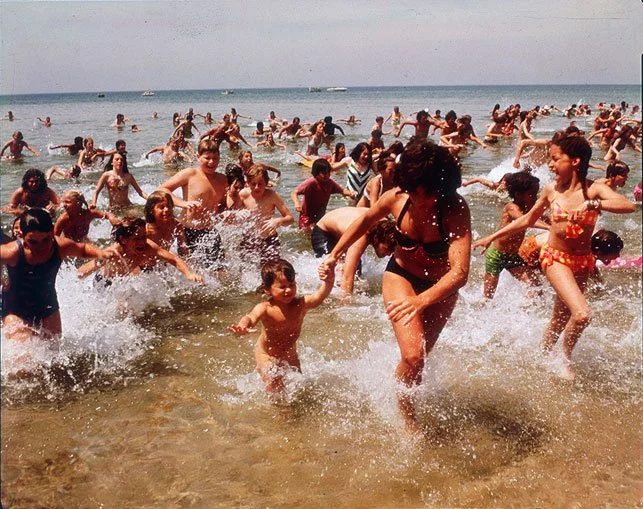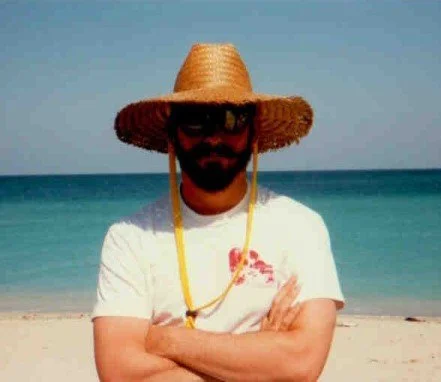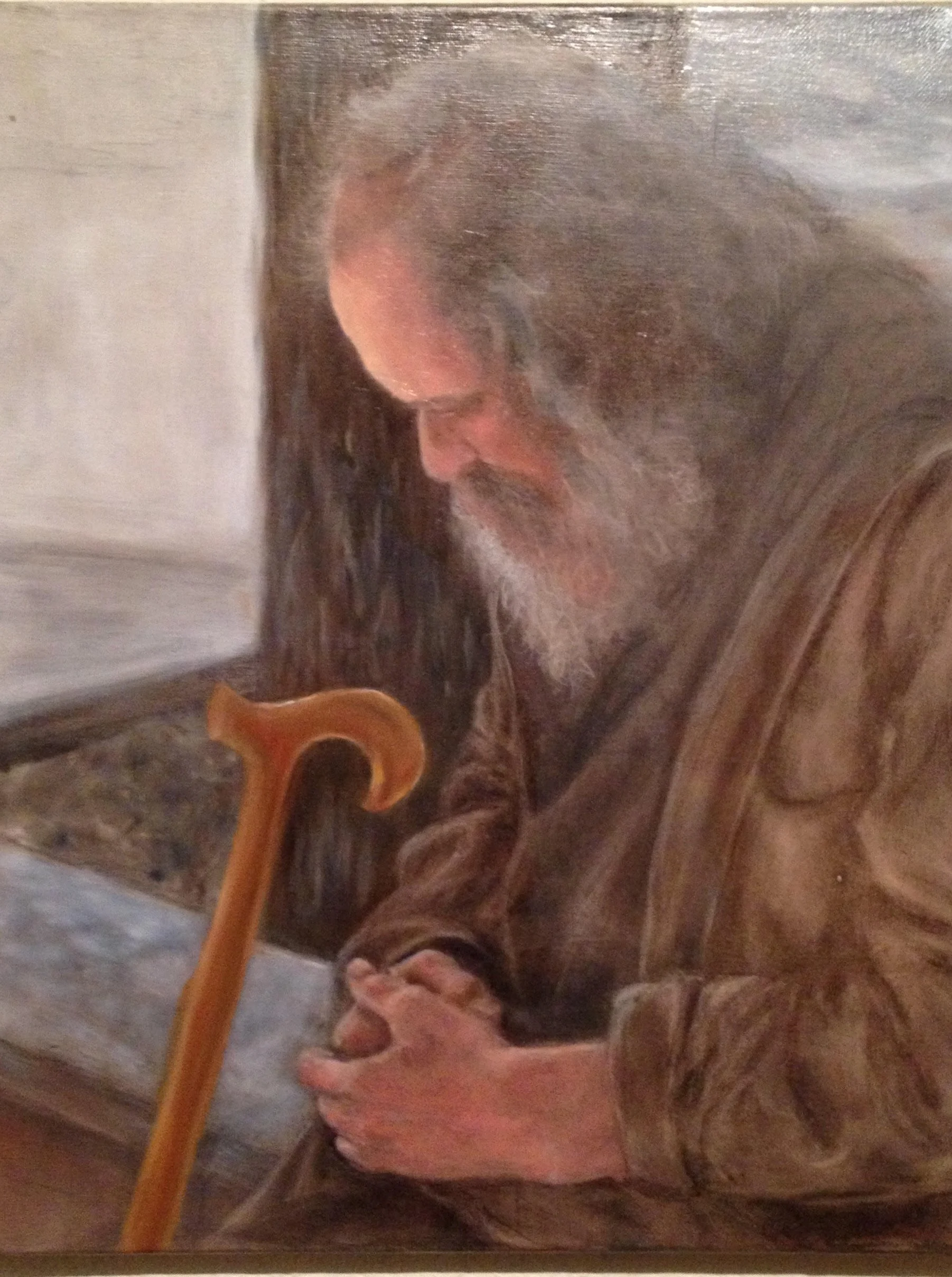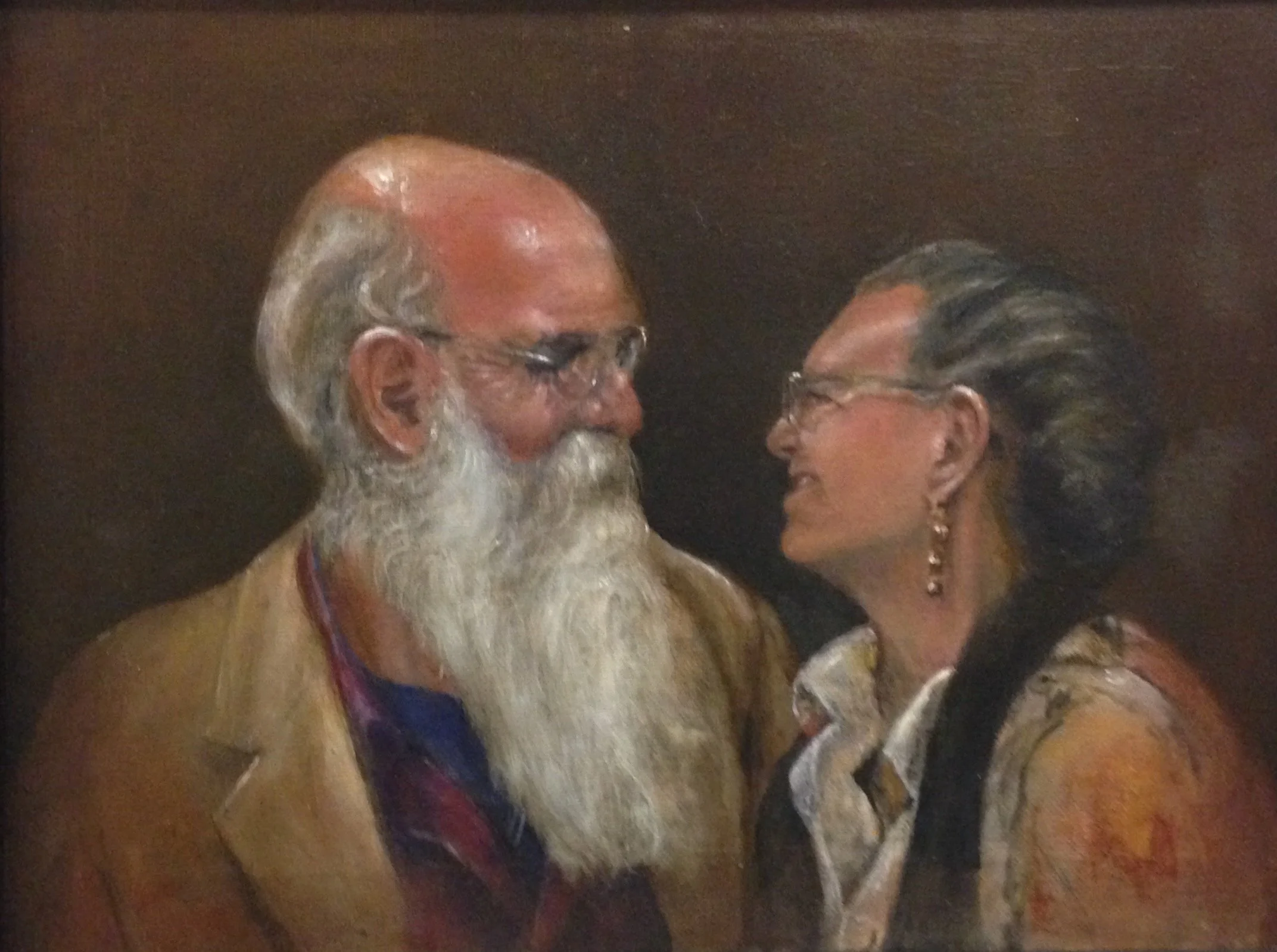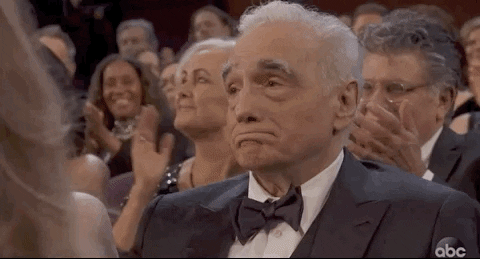It may have been one of the last great centripetal nodes in American culture, one of the last communally shared moments when movies meant everything and a film- going experience seeped into the real world’s breathing and sleeping like an Iroquoian dream. Of course I mean the summer of 1975, and appearance of Jaws.
I was the perfect age, twelve going on thirteen, before the firefights and hauntings of adolescence, but after the helplessness of early childhood. Ray Bradbury made the heroes of Something Wicked This Way Comes thirteen for a reason, because it was the age at which you’re simultaneously looking forward, looking backward, and regarding exactly where you are, all with an electric fever that’s impossible to muster at another age. I was so thirteen that I read Bradbury’s book that year and felt a charge of nostalgic grief for the effervescence of being an age so powerful that I still remember today. I don’t know if I ever felt anything like it since. The summer during one’s Year of Twelve-to-Thirteen is likely to be unforgettable, no matter what happens, because whatever happens, you’re looking time in the eye for the first time, and it’s suddenly apparent that the glow of the dusk in the trees, like your wispy childhood hair and the joy in your dog’s jump, won’t last forever, and now, right now, is all that matters. There’ll be other summers, but none quite as bedeviling or drenched in ephemeral life.
In an instant, Jaws was a number of spellbinding things: a definitive summer movie (particularly if you, like me, lived on Long Island and spent summers on bay ferries, in clam boats, on ocean beaches, and on crabber docks), the first Spielbergian thrill-machine (of a kind we’d grow tired of soon enough, but not just yet), a quintessential ‘70s film (three scruffy, craggy men talking, not a catalogue-model face or CGI to be seen), and an event, an experience everyone absolutely had to have, and then have again. We look at Jaws today, and those first three aspects are what we can see, and take our measure of delight or irritation from. Certainly, in 1975, they were not inconsequential. Clockwork-rollercoaster screenplay construction and Spielbergian engineering had a new and irresistible impact, especially stewed up with ‘70s character grit, that strange quality that allowed actors like Roy Scheider, Robert Shaw and Richard Dreyfuss to become authentic movie stars.
But the event-ness of Jaws made it a unique jolt of cinemania. Everyone I know who was cognizant of anything in 1975 remembers that summer like people remember their first time having sex, or first really serious high. Notoriously, everyone developed a perfectly rational demi-phobia about submerging into water, even into a swimming pool. On Long Island, it was a daily or weekly tribal rite, in which a trip to the beach, following your second or maybe third matinee viewing of the movie, became for yourself and a few hundred kids around you a hilariously nerve-jangling dance with fear, a fear you shared, smiling in mortification, with every last person on Fire Island, from Davis Park to Robert Moses.
And then you’d go and see the movie again, often enough so that my friends and I made a running gag out of the quick cutaway to Richard Dreyfuss’ dismayed wince when Mrs. Kintner slaps Roy Scheider’s face right there in front of the dead tiger shark. We saw it at the Sayville movie theater, which had only one big screen, allowed smoking in the side aisles, and possessed a red marble water fountain in front of a hand-etched mirror. I’d go with Jimmy Carlton and/or Brian Anderson, but we’d inevitably become subsumed by a pack of other Sayville kids caught in the same addictive aura, all of us perhaps at odds in the turf-war minefield that was the junior high school years, but now all at one with each other in our summertime Jaws-ness, seeing our little clamming village reflected in the film’s vivid milieu, witnessing our collective worries about the ocean brought to unforgettable life, and feeling what it’s like to belong to a single consciousness, a fellowship of watchers.
Of course we knew from the news that practically everyone in the country was having the same experience with Jaws that we were – even people, tens of millions of them, who didn’t live anywhere near the ocean. We felt close to them, too. Movies didn’t always do this – for much of the medium’s history, individual titles came and went too quickly for communal meditation. Epic-event exceptions, from Gone with the Wind to Lawrence of Arabia, have been canonized as much for the blissful scar they left on the aggregate memory as for how they stand up as films beyond their cultural moment. Then, in the post-Jaws decades, the straining effort to create blockbuster zeitgeists, one after the other, killed the idea altogether (so much so that the term “blockbuster” no longer indicates box-office performance but only the filmmakers’ financial ambitions – it’s a meta-genre now). Today, in our streaming culture (audio as well as cinematic and televisual), we’re all by ourselves, consuming as an orphaned, isolated loner in the landscape, sharing the experience, if at all, well after the fact, retrospectively, strainingly. The art of belonging no longer intersects with pop culture. Now, we’re a vast mob of masturbators, whereas we used to belong to an orgy.
Movies are good for a thousand uses – but surely marking your life like a lightning strike marks the rings in a tree is one of the medium’s grandest and most beautiful achievements. Jaws isn’t a movie anymore, to me, but a gear in the machine of my life’s memory, a gear I share with millions of people. We were all there, that summer, that twelve-year-old boy in glasses I miss so much and so many others just like him, and we’ve all looked back and remembered when we were one.
Michael Atkinson
is professor of film at LIU, and has been a writer for The Village Voice since 1994.


